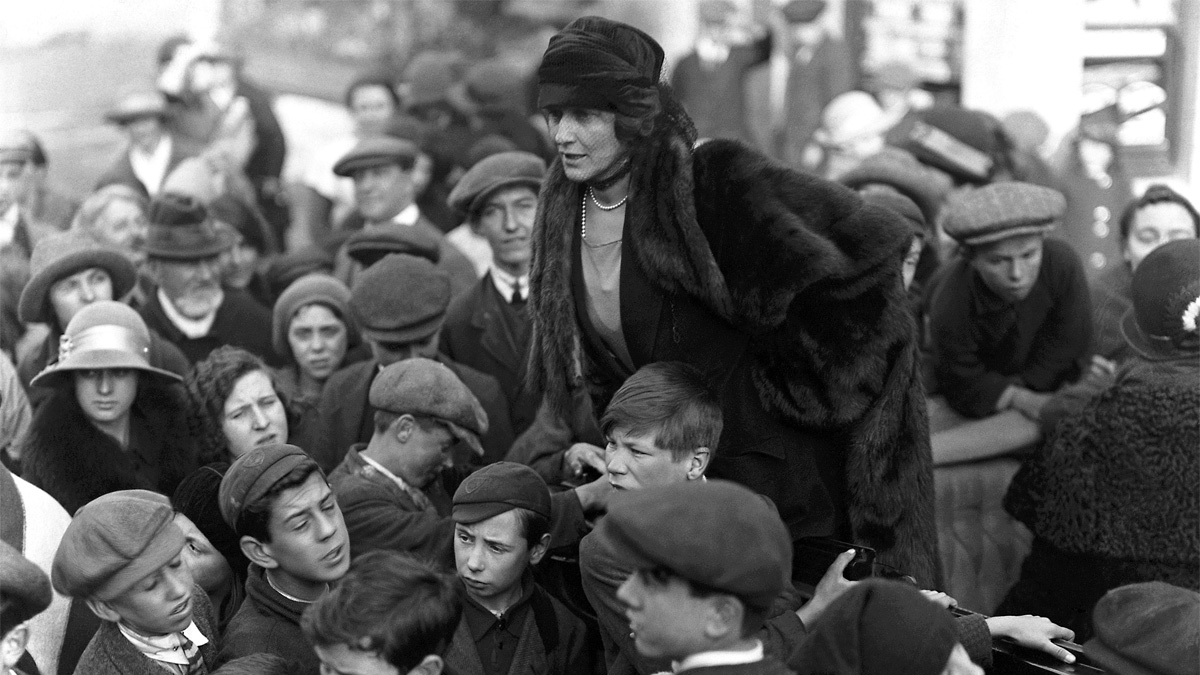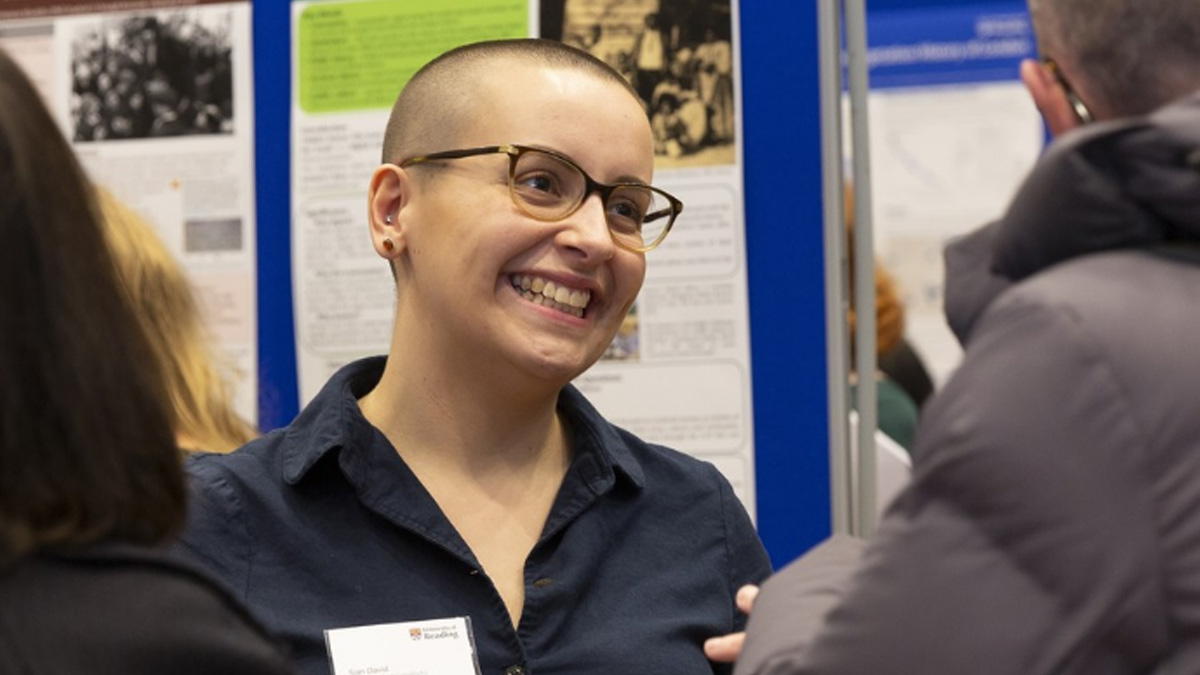Style-based subcultures, scenes and tribes - along with their music genres - have pulsated through the history of social, economic and political change. From 1940s zoot-suiters and hepcats; through 1950s rock 'n' rollers, beatniks and Teddy boys; 1960s surfers, rudeboys, mods, hippies and bikers; 1970s skinheads, soul boys, rastas, glam rockers, funksters and punks; on to the heavy metal, hip-hop, casual, goth, rave and clubber styles of the 1980s, 90s, noughties and beyond; distinctive blends of fashion and music have become a defining feature of the cultural landscape.
Research into these phenomena has traversed the social sciences and humanities, and this Network aims to bring together recent studies, insights and methodological approaches in this rich, interdisciplinary field.
Find out more on the Subcultures Network website.


